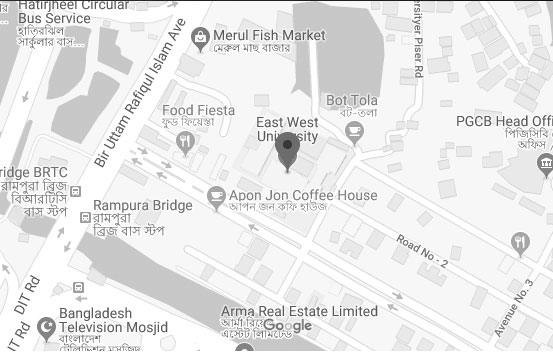Invitationals 1.0: A Prestigious Battle of Wits Unfolds hosted by EWU Debating Club
Sep 30, 2024








On September 21, East West University Debating Club hosted the closing ceremony of its much anticipated ❝EWUDC Invitationals 1.0❞. The tournament marked a significant milestone for the club as its first-ever invitational competition. The chief guest for the closing ceremony was Air Cdre (Retd) Ishfaq Ilahi Choudhury, Treasurer of East West University; and the special guests were Dr. Md. Mobarak Hossain Khan, Chairperson of the Department of Social Relations and Rubayat Kabir, Moderator of EWUDC.
One of the standout features of this tournament was its innovative team formation strategy. Each team consisted of a trio of debaters: a former debater, a current debater from another university, and a representative from EWUDC. The theme for the tournament has been inspired by the iconic Bengali literature detective characters; combining elements of mystery and intellect. The closing ceremony, not only honored the victorious teams but also applauded the incredible dedication of all participants and adjudicators. Following numerous heated rounds of debate, Team কাকাবাবু consisted of Sifat Jobbaer, Asif Rahman and ZH Masud, emerged as the ultimate champions, with Team ব্যোমকেশ comprised of Ayman Sakib Ahmed Nuhash, Salman Shahriar and Zuwayeeriya Binte Sharif, securing a well-deserved runner-up. Furthermore, Sifat Jobbaer from team কাকাবাবু won the title of Debater of the final; and Ayman Sakib Ahmed Nuhash and Salman Shahriar from team ব্যোমকেশ collectively held the title of Debater of the tournament.
The primary aim of EWUDC Invitationals 1.0 was to foster communication and enhance debating skills, ensuring that one generation of debaters could learn from the experiences and expertise of another. The unique team formation strategy played a pivotal role in achieving this goal. This diverse collaboration allowed participants to sharpen their debating techniques, exchange ideas, and build connections across generations.









